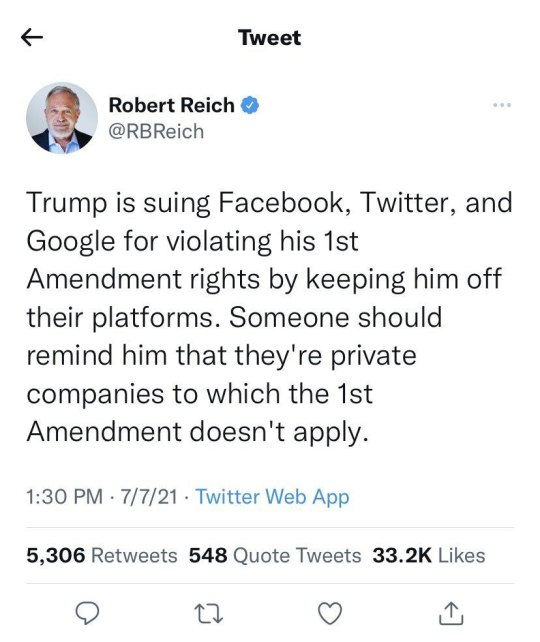Creepy Joe Biden is likely to avoid an audit that could reveal whether he made money from his son Hunter Biden’s overseas business dealings — because the Internal Revenue Service has rejected a whistleblower complaint that alleged he owes at least $127,000 in taxes, The Post has learned.
The IRS allows people to inform on fellow taxpayers and win a slice of the proceeds — prompting Chris Jacobs, a former Republican staffer on Capitol Hill, to submit complaints against Biden and his accountant, though he said he didn’t want any financial reward.
Jacobs shared with The Post a reply from the IRS titled “denial” that explained that the government didn’t use his information.
Tax law expert Bob Willens, who teaches at Columbia University’s business school, said the rejection means Biden is likely to run out a three-year statute of limitations, meaning Republican claims that Biden owes up to $500,000 in taxes are unlikely to be resolved.
“It looks like the question of whether the president underpaid his Medicare taxes will never be aired,” Willens told The Post.
The dispute concerns more than $13 million that Joe and Jill Biden routed through S corporations in 2017 and 2018 to avoid paying a 3.8 percent Medicare tax on most of the haul by declaring a small part of it as “salary.” Many wealthy people use S corporations to lower their tax bills and the IRS pursues relatively few cases of lowballing the amount of income that counts as taxable.
The income is believed to be linked to Biden book sales and speaking fees after he left office as vice president. Experts say income that is the direct result of a person’s labor generally should count as subject to the Medicare tax, and ethics experts are calling on Biden to reveal the precise sources amid scrutiny of the president’s links to his son Hunter Biden’s overseas business relationships.
Jacobs did not specifically seek information on the first son’s links to his father, but an IRS audit would necessarily require a review of how Biden earned various income streams.
University of Minnesota law professor Richard Painter, who was chief White House ethics lawyer for President George W. Bush, told The Post recently that without the corporate returns, “you don’t know where the money’s coming from.”
“This exactly why it’s better to disclose — then every card is face-up on the table,” he told The Post last month. “Otherwise, people have no idea what’s in there … and that undermines public confidence in...
.webp)































